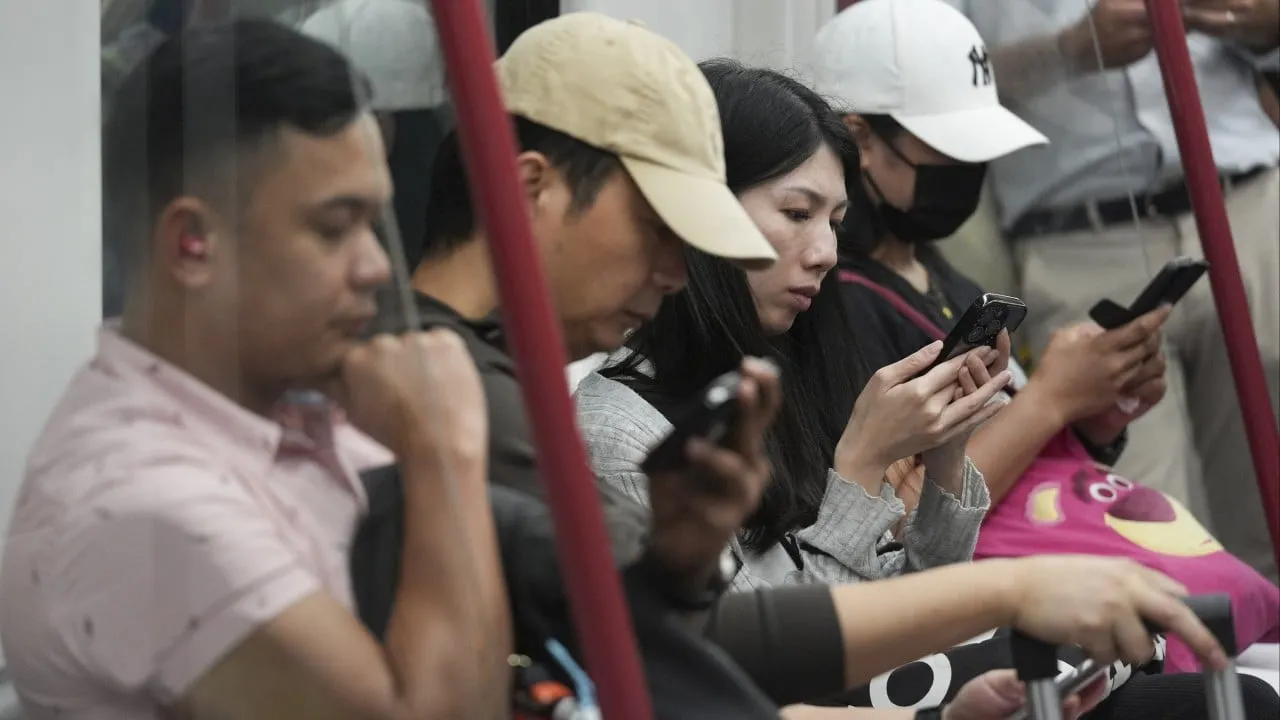Examining the Right to Disconnect in Context of Hong Kong's Employment Flexibility

Exploring the Potential of the Right to Disconnect in Hong Kong
Flexibility remains a cornerstone of employment in Hong Kong, drawing attention to whether the city should follow Australia's recent 'right to disconnect' law. This legislation allows workers to ignore employer's communications outside work hours, promoting work-life balance. However, human resource experts argue that Hong Kong's economic reality, heavily reliant on overtime, does not align with such a change.
The Business Perspective
Chow Yee-ping, managing director of ACTS Consulting Co, emphasizes that with the economic downturn in Hong Kong, now is not the time for policies that might hinder productivity. She noted that Hong Kong's flexibility is vital for sectors requiring rapid communication across different time zones.
- Agnes Chan Sui-kuen, from the Hong Kong General Chamber of Commerce, advocates for mutual agreements on work timings.
- Patrick Yeung Wai-tim, Chamber CEO, argues the need for effective in-house policies over sweeping legislation.
Challenges and Cultural Aspects of Overtime
Leo Chan's experience reflects the commonality of overtime in many industries, stating that long working hours are embedded in workplace culture. While acknowledging the importance of personal time, he feels reluctant to decline such commitments.
The question remains whether Hong Kong workers are prepared for changes similar to Australia's law without compromising their distinctive work ethic shaped by flexibility and productivity.
This article was prepared using information from open sources in accordance with the principles of Ethical Policy. The editorial team is not responsible for absolute accuracy, as it relies on data from the sources referenced.